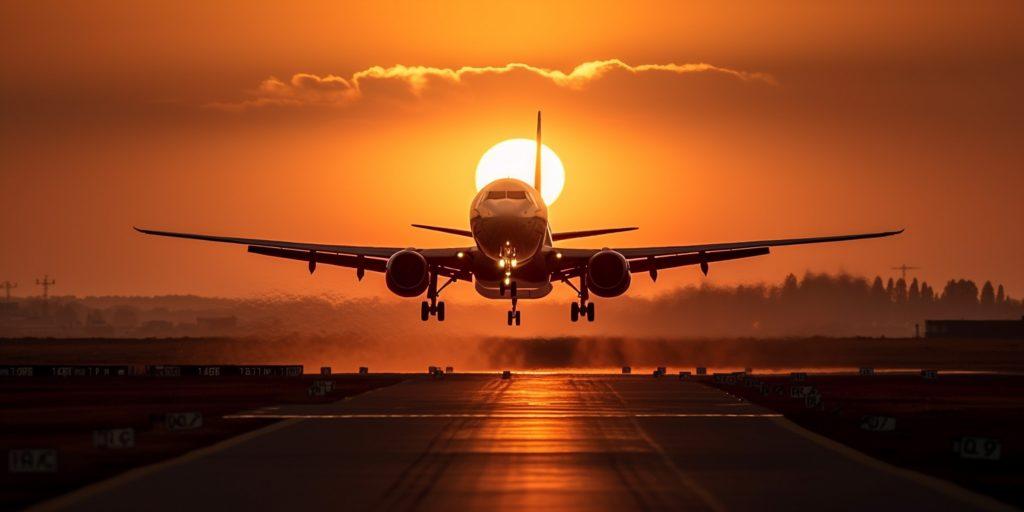
Promising Career Opportunities for Aviation Aspirants!!
The sky is the limit for those seeking a career in the aviation industry. There are unlimited opportunities ranging from ground staff to operating an aircraft, which can be in the corporate sector, government sector, commercial airlines, aircraft manufacturing industry, and in airports. If you want to be part of the aviation industry, choosing the right aviation academy can help you take off your career.
Commercial Pilot
Take to the skies confidently with pilot training, the most lucrative and sought-after career in aviation. It requires extensive training and certification. Those who have completed their 12th STD with Physics and Mathematics as their core subjects are preferred candidates for this program.
Flight Instructor
Are you someone who enjoys teaching and helping students shape their careers? As a flight instructor, you will be responsible for teaching new cadets how to fly. This is an excellent option for those who want to pass on their knowledge and experience to others.
Flight Dispatcher
A flight dispatcher assists in planning flight paths, taking into account aircraft performance and loading, enroute winds, thunderstorm and turbulence forecasts, airspace restrictions, and airport conditions. The flight dispatcher works with pilots, air traffic controllers, and other aviation professionals to ensure safety and efficiency. Career opportunities can vary depending on the location and the level of experience.
Cabin Crew
Cabin crew or flight attendants play a vital role in the aviation industry, as they provide in-flight services and act as the passenger’s primary point of contact during the flight. They are responsible for the safety & comfort of passengers and ensure they have access to food and beverages. The cabin crew is also trained to provide first aid and handle emergency situations whenever required during the flight.
Customer Service
Customer service executive or ground staff refers to customer support and assistance on the ground which includes assisting customers with ticketing, check-in, and boarding. They also handle queries and complaints, providing general information about flights and also address any concerns passengers may have.
Air Traffic Controller
The controllers are responsible for managing the safe and efficient flow of air traffic and also provide pilots with essential information such as weather updates and landing instructions during the course of the flight. They use radar and communication systems to monitor aircraft movements and ensure they maintain safe distances from one another.
Aircraft Maintenance Engineer
Aircraft Maintenance Engineers are responsible for inspecting and for fixing mechanical & electrical problems, replacing faulty parts, conducting routine inspections, and preventative maintenance of an aircraft. They work on various components of an aircraft, such as fuselage, engines, landing gear, brakes, and electrical systems.
Aviation Management
Aviation management is a complex and dynamic field that requires a solid understanding of the aviation industry and business principles. It involves overseeing the day-to-day operations of the aviation industry, including airlines, airports, and other aviation-related businesses. Aviation management professionals manage budgets, route planning, oversee maintenance and repairs, and ensure regulatory compliance. They also make decisions on issues such as pricing, route planning, and customer service.
Aviation Security
There are many job opportunities in the field of aviation security, ranging from entry-level positions to management roles. The job requirements and qualifications vary depending on the specific role and all positions require a background in security, law enforcement, and AVSEC License. These are some of the roles available- Airport Security Officer, Security Supervisor, Security Manager, and Airline Security Guard.
Cargo Management
This work involves planning, organising, and controlling the movement of goods and products. It is a critical function in the airline industry and involves planning and execution of cargo operations and management of cargo terminals, warehouses, and transportation services. The responsibilities also include coordinating the movement of goods and products between different locations and ensuring they arrive on time and in good condition.
Aviation is a constantly evolving industry, providing challenging career opportunities for its aspirants.






